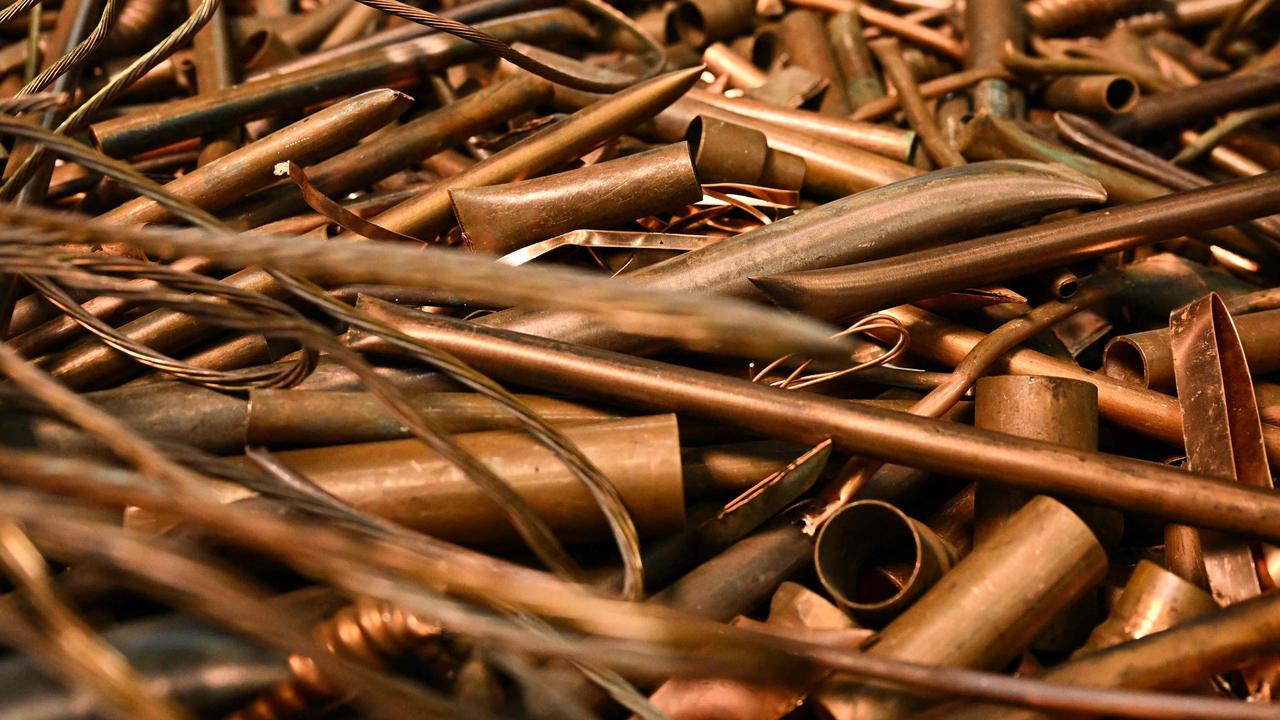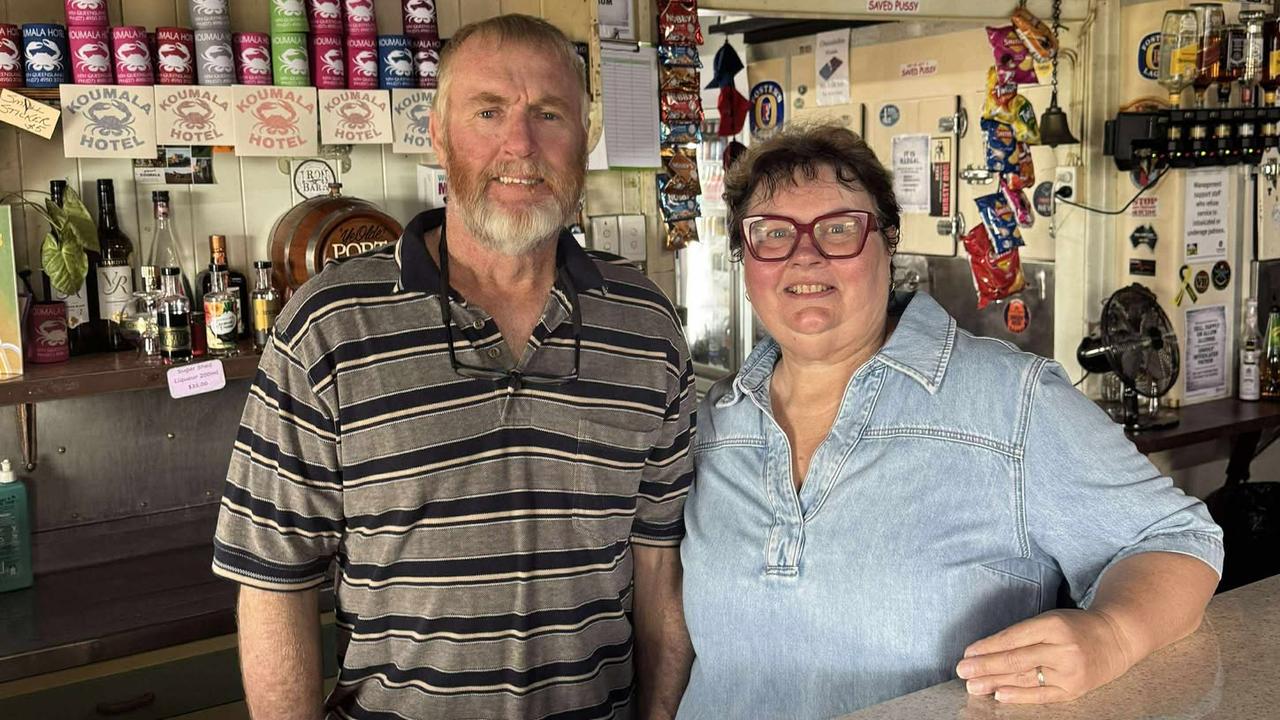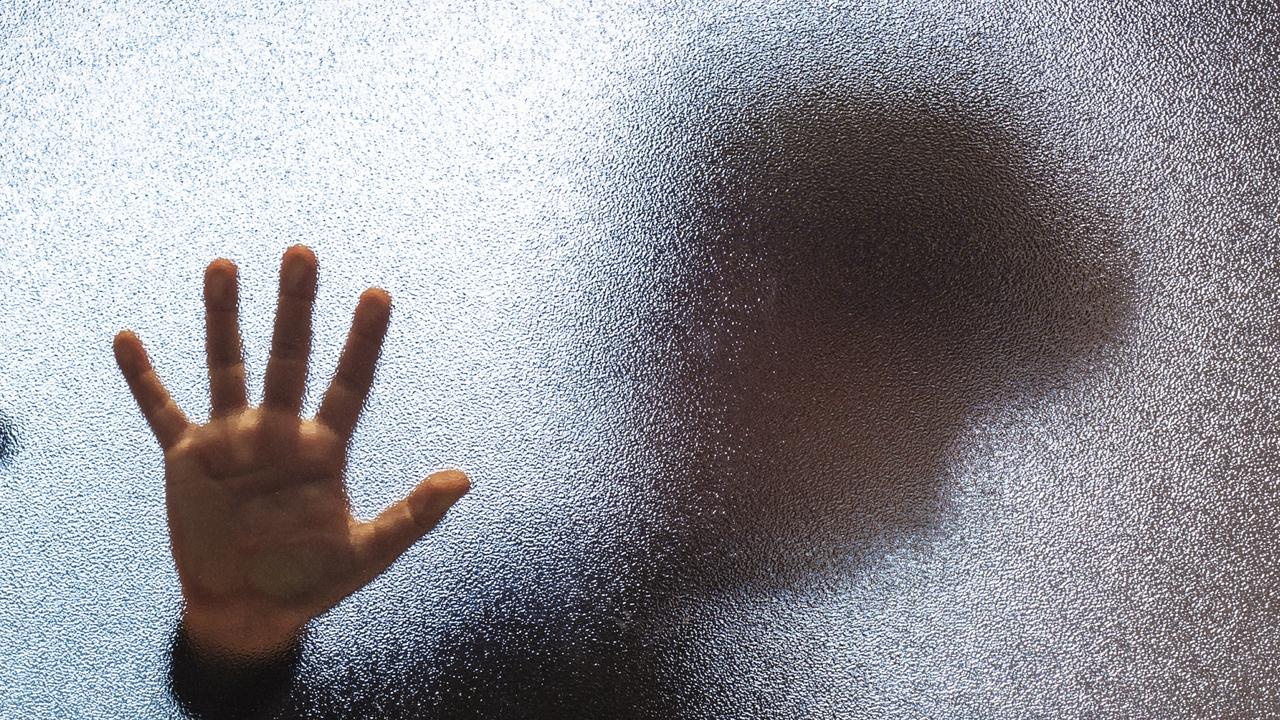Subsidy for Collinsville residents impacted by flying fox
Flying foxes wreak havoc across Queensland, with noise, odor, and property damage costing residents a pretty penny, but soon people could see some of that money back in their pockets thanks to new subsidies.
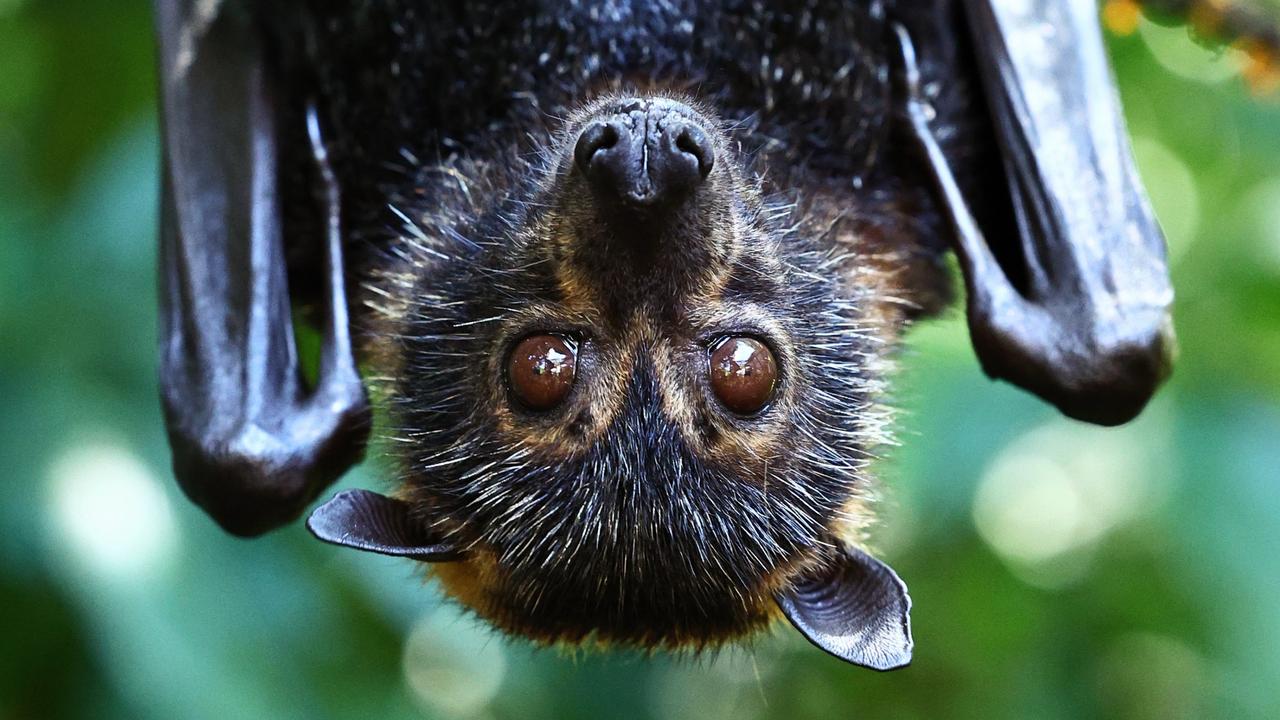
Whitsunday
Don't miss out on the headlines from Whitsunday. Followed categories will be added to My News.
Residents fed up dealing with the smell and mess left by flying foxes can now apply for grants of up to $3000 to mitigate the impact.
The Whitsunday Regional Council has announced Collinsville residents impacted by flying fox roosts can now apply to claim up to 75 per cent of costs to offset noise, odour, and property damage caused by the animals.
Council’s manager of Natural Resource Management and Climate, Scott Hardy said currently there were about 7500 flying foxes across 18 trees at 15 properties in Collinsville.
“People are concerned about health, people are complaining about noise throughout the day and the night, disrupting their lifestyle, people are complaining that they can’t enjoy their backyard because of the flying fox,” he said.
Mr Hardy said some residents had been dealing with thousands of flying foxes in their yard each day.
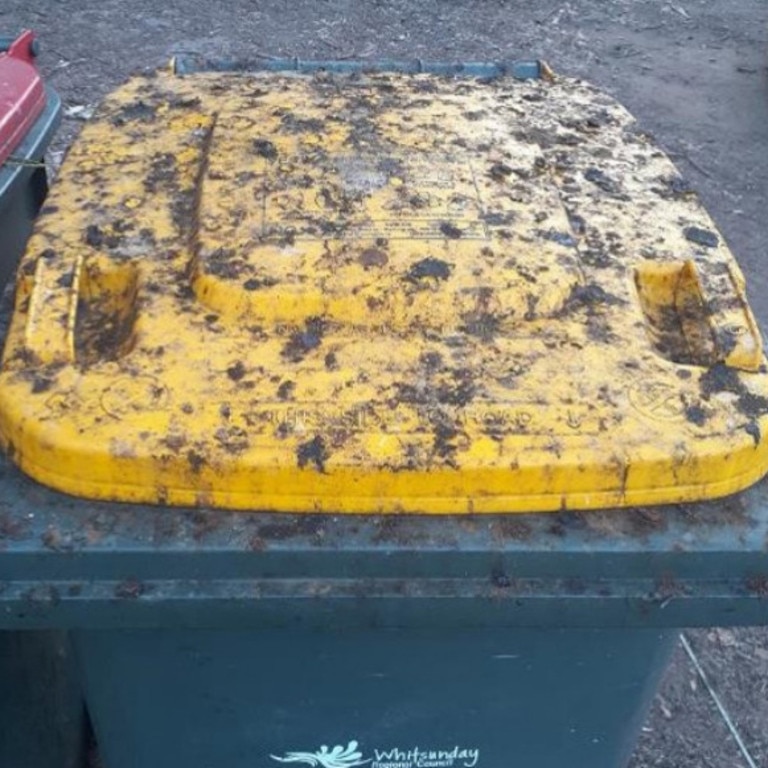
Council has tried a number of different management options with limited success over recent years including wavy men, smoke, noise, water, and even pyrotechnics.
“They’re very hard animals to budge,“ he said.
“Flying fox create problems up and down the Queensland coast in a number of towns, so it’s a common problem for local governments.”
He said the next step in managing the issue for council is trying out the residential assistance subsidy.
Council secured $46,000 from the state government and will contribute $20,000 themselves to the subsidy pool.
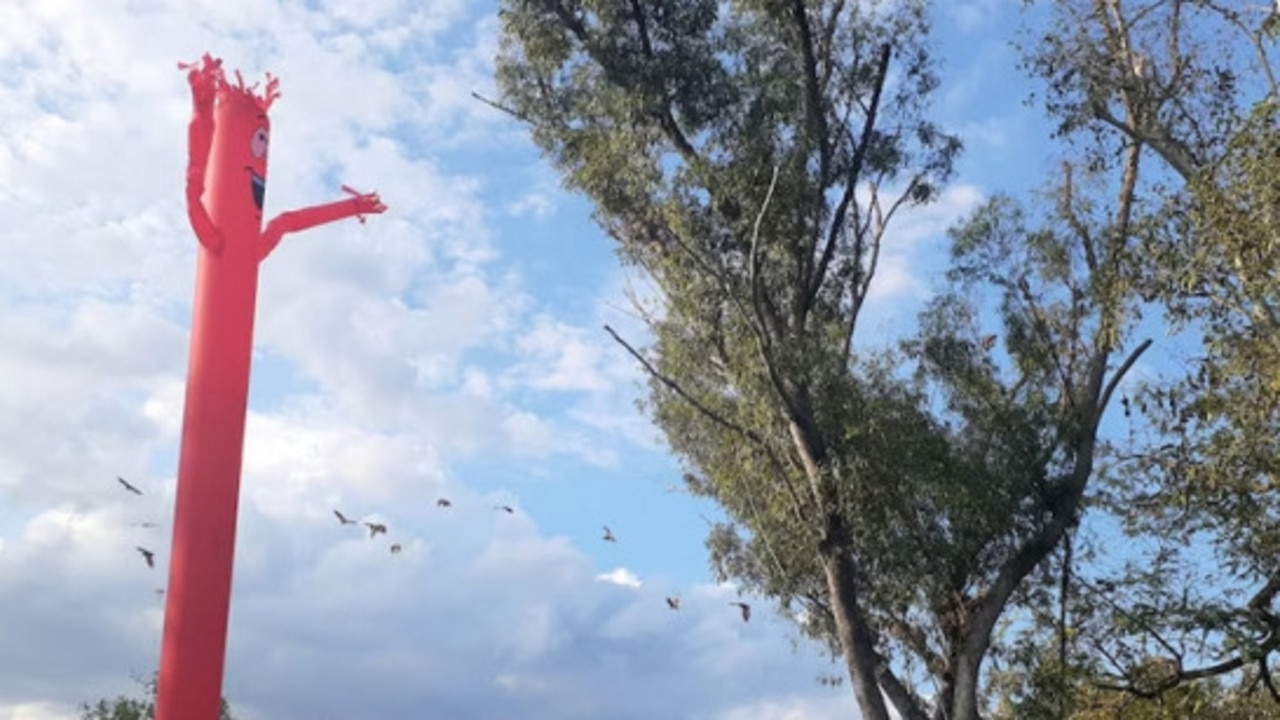
Residents living within 100m of a roost can apply for up to $3000 to assist with things like tree trimming, purchasing pool or car covers, purchasing high pressure hoses, and cleaning roofs, solar panels, and driveways.
Mr Hardy said residents with flying foxes in their backyard would be a priority but people adjoining those properties and those living within 100m can also apply.
“There’ll be a bit of a prioritisation process but also first in best dressed while there’s money available,” he said.
There were also actions residents could take to help manage the issue themselves.
“Residents can try a range of things including smoking and noise and lights etc,” he said.
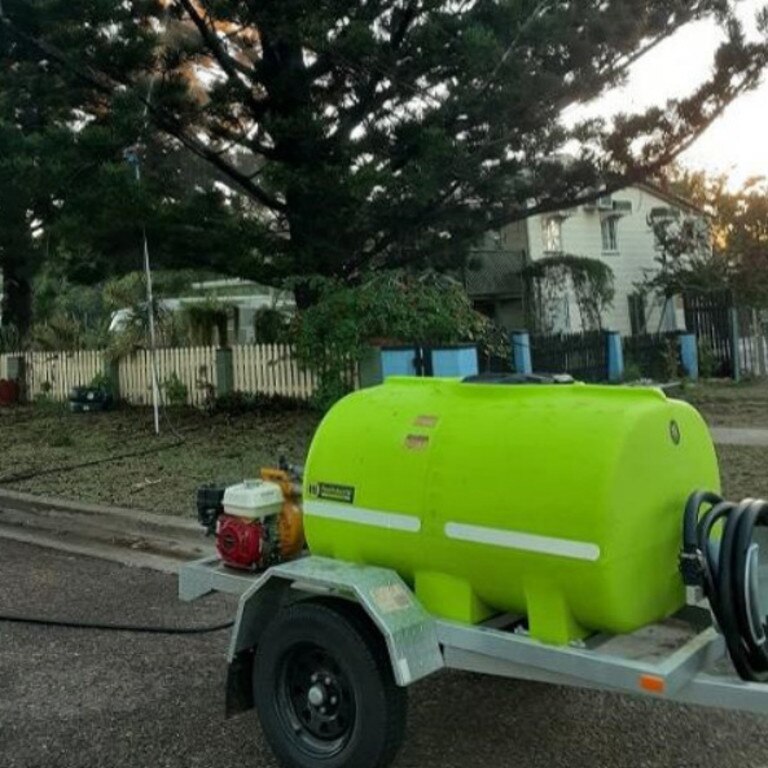
The deterrents seem to work better when it’s co-ordinated with a number of neighbours and the deterrents seem to work better in the early morning, so from say 4.30am through to 6.30pm, that’s a key time.”
He noted flying foxes were important animals in the ecosystem as pollinators who spread seed.
He said they were protected under state government legislation with strict guidelines governing how the roosts or colonies were managed.
“Local government has to comply with these really strict guidelines which does make it difficult for us to do deterrent action,” he said.
For more information on who is eligible and how to apply visit Your Say Whitsunday.
More Coverage
Originally published as Subsidy for Collinsville residents impacted by flying fox




